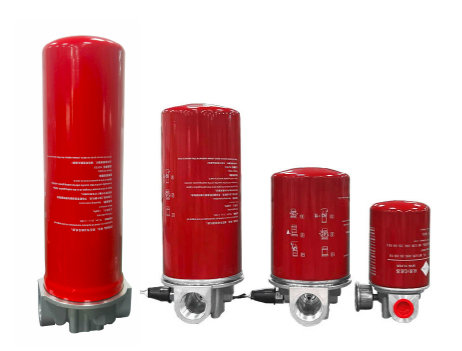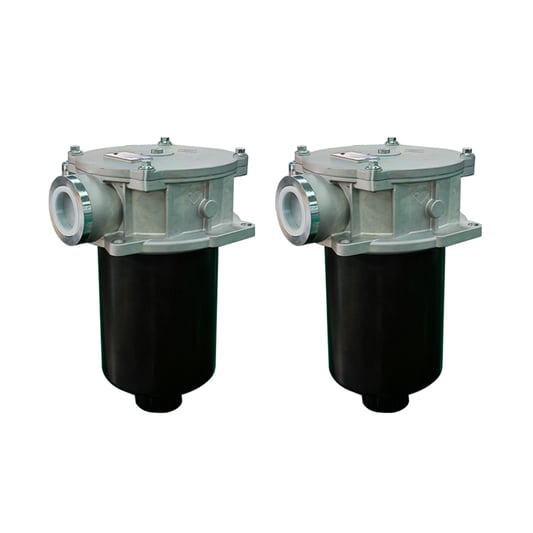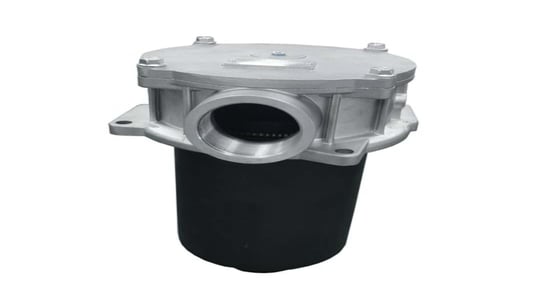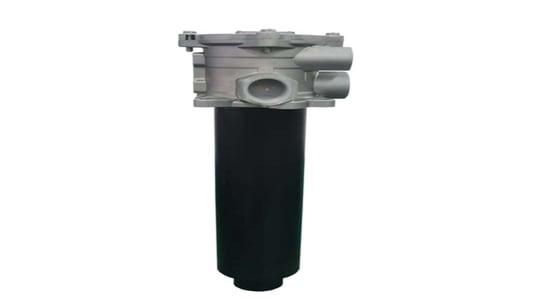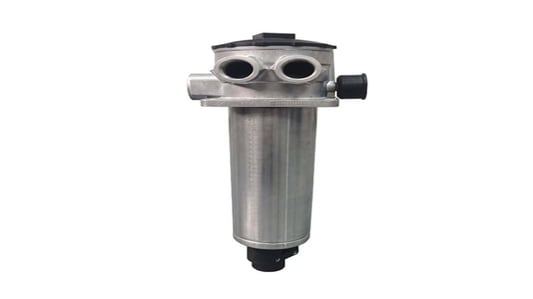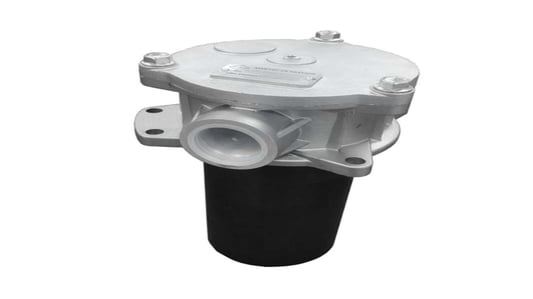What is a hydraulic tank filler breather?A hydraulic tank filler breather is a vital component of hydraulic systems found in industrial machinery. This device helps to maintain the cleanliness of hydraulic fluids by filtering out contaminants such as dirt, dust, and moisture before they enter the hydraulic tank.How Does a Hydraulic Tank Filler Breather Work?When air enters the hydraulic tank during operation, the filler breather allows it to pass through a filter element that captures particles and moisture. This prevents these contaminants from contaminating the hydraulic fluid and causing damage to the system.The Importance of Regular MaintenanceIt is crucial to regularly inspect and replace the filter element in the hydraulic tank filler breather to ensure its effectiveness. Neglecting maintenance can lead to contamination of the hydraulic fluid, which can result in system failure and costly repairs.Benefits of Using a Hydraulic Tank Filler BreatherBy using a hydraulic tank filler breather, you can extend the lifespan of your hydraulic system and reduce the risk of breakdowns. It also helps to improve the overall performance and efficiency of the machinery.Types of Hydraulic Tank Filler BreathersThere are various types of hydraulic tank filler breathers available, including desiccant breathers, bayonet-style breathers, and threaded breathers. Each type is designed to suit different applications and operating conditions.Factors to Consider When Choosing a Hydraulic Tank Filler BreatherWhen selecting a filler breather for your hydraulic system, consider factors such as the size of the breather, the filtration efficiency, and the airflow capacity. It is essential to choose a breather that meets the specific requirements of your machinery.Common Issues with Hydraulic Tank Filler BreathersSome common issues with hydraulic tank filler breathers include clogging of the filter element, leakage, and poor airflow. Regular inspection and maintenance can help to prevent these problems and ensure the proper functioning of the breather.Installation Tips for Hydraulic Tank Filler BreathersProper installation of the hydraulic tank filler breather is crucial for optimal performance. Ensure that the breather is securely attached to the hydraulic tank and that the filter element is correctly positioned to prevent leakage and contamination.Choosing a Quality Hydraulic Tank Filler Breather SupplierWhen purchasing a hydraulic tank filler breather, be sure to choose a reputable supplier that offers high-quality products. Look for suppliers that have a good reputation for reliability, durability, and customer support.ConclusionIn conclusion, a hydraulic tank filler breather is a critical component of industrial machinery that helps to maintain the cleanliness and performance of hydraulic systems. By understanding the importance of filler breathers and following proper maintenance practices, you can ensure the longevity and efficiency of your hydraulic equipment.Quote Inquirycontact us




